This issue covers:
- Medical device industry requests rethink on product warnings
- New Rigel 62353 Plus meets modern device test needs
- New EU regulations expected soon
- Refurbish, repair or remanufacturing clarification
- Visit Rigel at AAMI 2016 Conference and Expo
- Market growth in self-care medical devices
- NHS looks to reduce medical device costs
Medical device industry requests rethink on product warnings
Medical device manufacturers and trade associations in the USA have asked the US Food and Drug Administration (FDA) to revise a proposal to publicly release information on early safety signals in medical devices before they are investigated.
The Medical Device Manufacturers Association stated the draft guidance “would not achieve the objectives articulated by the FDA, and in fact, could potentially do more harm than good by providing inaccurate and incorrect data to the public.” The MDMA noted the draft guidance “also lacks clarity when it comes to the threshold of evidence that is required to trigger a particular action.”
The association, and others in the industry, are reacting to draft guidance issued in January by the FDA outlining its proposal to make public information about potential early signs or concerns of a medical device’s safety before the claims have been substantiated.
Currently, the FDA investigates reports of post-market problems or adverse reactions and issues recall notices, safety advisories, or press releases in most cases after deciding whether further regulatory action is warranted. The draft guidance suggests notifying the public at an early stage of evaluation. Full article is here
New Rigel 62353 Plus meets modern device test needs
Rigel Medical has introduced an upgraded battery powered version of its dedicated tester for the in-service and post-repair safety testing of medical electronic devices in line with the standards required by IEC 62353.
The new Rigel 62353 Plus tester is equipped with an extended range of insulation test voltages between 50V DC to 500V DC in line with changes in test requirements from manufacturers of 24V DC and 48V DC operated medical equipment.
As a result, four separate insulation test voltages are now provided at 50V DC, 100 VDC, 250V DC and 500 V DC to give the latest tester even more flexibility in meeting the routine safety testing needs of medical devices in line with the internationally recognised in-service test standard.
Other special design features include an earth bond “zap” circuit that makes use of preconditioning the contact resistance by using a high current, low energy pre-pulse.
Improved battery power reduces the downtime between testing and other features include an easy-to-use facility for testing up to two individual Applied Parts from different modules or classes e.g. BF and CF class, in either fully automatic, semi-automatic or manual test modes.
New EU regulations expected soon
Four years of political negotiations are expected to reach a conclusion in the coming months as the European Council finalises its position on reforming legislation surrounding medical devices. For the NHS in the UK and other medical institutions, the impact is likely to be significant due to the introduction of second-level checks. This extra layer of quality control will extend the time it takes for potentially life-saving devices to reach patients.
The most important feature of the new legislation for manufacturers is the introduction of the new expert group (the Medical Device Coordination Group), which will have the power to review and comment on medical devices before they are put on the market. Every component of a device will be checked, requiring increased visibility across the entire enterprise and supply chain.
Medical device manufacturers will have to register themselves, and the devices they place on the EU market, in a central database and fit their products with a unique device identifier to ensure traceability.
This new, post-market surveillance system holds manufacturers responsible for ensuring the quality, performance, and safety of all of their devices. However, the new regulations would go into effect three years after the entry is put into force, so manufacturers have time to prepare. Full article is here
Refurbish, repair or remanufacturing clarification
The US Food and Drug Administration (FDA) has formally asked for industry comments regarding definitions and possible regulations governing medical device refurbishers, reprocessors, and other third parties.
Currently, medical device manufacturers have a duty to provide instructions to third parties that may service or install their products. However, manufacturers may not be able to maintain control over their device after it leaves their hands, which can be a problem especially if the device is not repaired correctly or a third party changes the product.
In response to concerns regarding the safety and effectiveness of medical devices that undergo one or more activities by a third party, the FDA proposes adding seven definitions for third parties in relation to the activities they perform on already-manufactured medical devices.
Included are specific definitions for activities such as recondition, service, repair, refurbish, remanufacture and remarket. Full details are here.
Visit Rigel at AAMI 2016 Conference and Expo
Rigel Medical (Booth 510) will be showcasing its range of biomedical test instrumentation at the AAMI 2016 Expo (June 3 – 6, Tampa, Florida).
Jack Barrett, national business development manager at Rigel Medical USA says: “The AAMI show is one of the main platforms for us to launch new products – and we’ll be doing so again this year, so we will be welcoming all visitors to our booth to see the latest introduction to our range.
“Our new addition will continue what has been an incredible year for us with the introduction of the SafeTest 50 safety analyzer, the VenTest 800 ventilator tester and the low cost patient simulator, the UNI-SIM Lite.”
All the new products will be on display at the show and visitors can also see the Uni-Therm, Rigel’s leading electrosurgical analyzer in full operation.
Market growth in self-care medical devices
The global self-care medical devices market is expected to grow at a CAGR of 8.64% during the period 2016-2020.
This is one of the topline findings of the latest Global Self-Care Medical Deices 2016-2020 market analysis, which looks at a wide range of small portable electronic devices that measure and guide various parameters of a patient to maintain good health. These are used mostly by individual users and are also used in hospitals and other clinical settings.
The report covers the present scenario and the growth prospects of the global self-care medical devices market, including self-monitoring blood glucose (SMBG) devices, peritoneal dialysis (PD), sleep apnea monitors, insulin pumps, blood pressure monitors and other devices.
The report says that the self-care medical devices market has seen a significant change in product innovation, market growth, and IT integration has led to the development of better and more sophisticated self-care devices.
According to the report, increasing awareness among people about diabetes and self-monitoring of blood glucose and using insulin pumps has had a significant impact on the growth of the global market. Details here
NHS looks to reduce medical device costs
It is reported that the NHS in England could save tens of millions of pounds following the adoption of a new purchasing system.
Currently, NHS England spends £500 million per year reimbursing specialist units for devices such as implantable cardioverter defibrillators (ICDs) for people with abnormal heart rhythms, bone-anchored hearing aids and bespoke prosthetics.
Now, a single national approach for purchasing and supplying these devices has been agreed between NHS England and NHS Business Services Authority.
The new system for hospital trusts to order devices for specialist services will be operated by NHS Supply Chain and it is hoped that this will lead to savings of more than £60 million in the first two years that can be reinvested into other specialist services and treatments.
Dr Jonathan Fielden, NHS England’s director of specialised commissioning, said: “By bearing down on price and quality variation and making the most of our national purchasing power, NHS England will now be able to deliver these same high-cost devices for less, freeing up funding to help meet the increasing demands on specialised services from new and effective treatments.”
All products currently used will continue to be available to clinicians under the new system, but clinicians will be able to choose the optimum device for the patient based on evidence. Full article is here
Do you use Rigel Medical equipment? - If you think you may have a story for future e-news bulletins, please let us know by contacting us here.









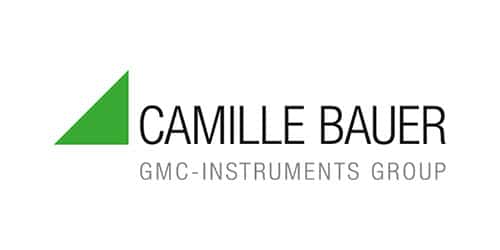
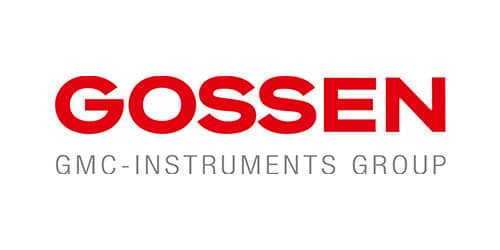
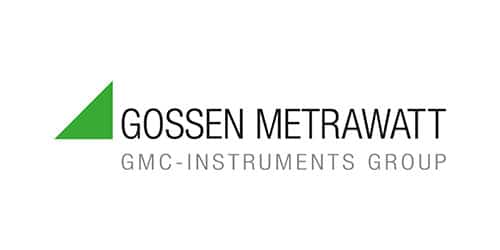
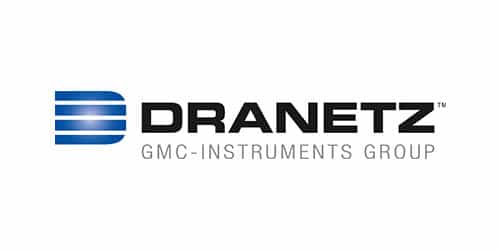

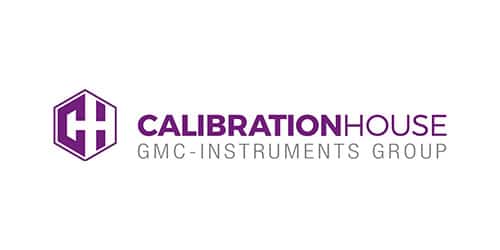
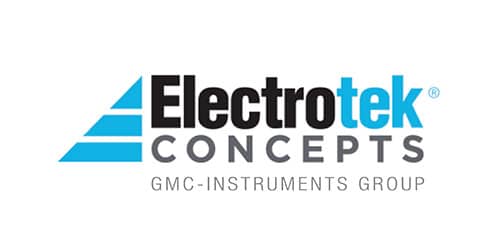
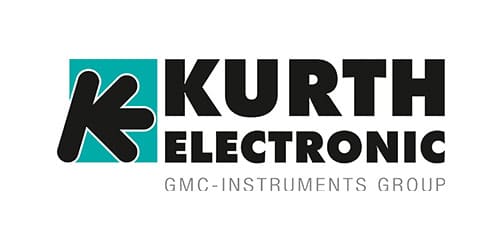
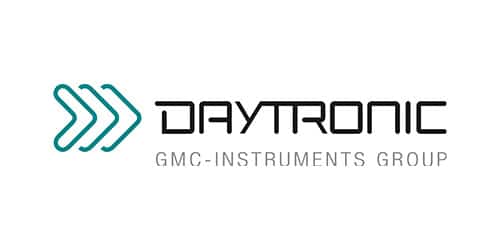
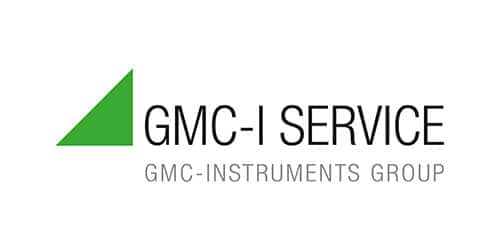

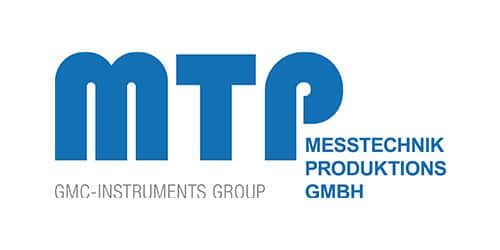
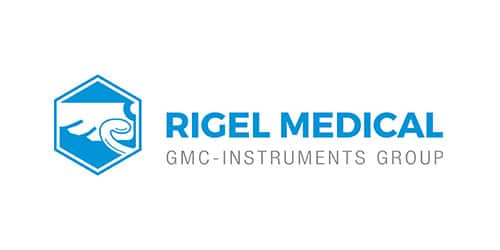
Sign up to our Newsletter.
Stay up to date with the latest industry and product news, as well as our free educational content such as webinars and our expert guides.
Close